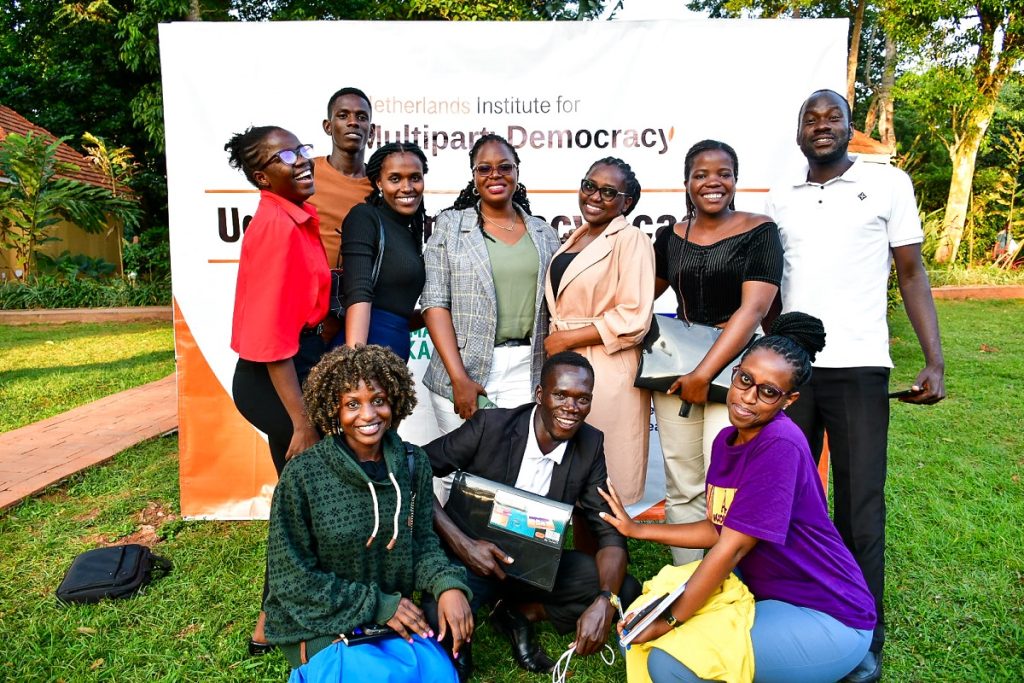Table of Contents
Civic engagement is the backbone of any thriving democracy. It represents the active participation of citizens in the political, social, and economic processes that shape their communities and nations. In a democratic society, the voices of the people are not just heard—they are essential in guiding the direction of the country. This article explores the importance of civic engagement in democracy, highlighting how it strengthens governance, fosters accountability, and empowers individuals to make meaningful contributions to their society.

1. Defining Civic Engagement
Civic engagement encompasses a wide range of activities through which individuals participate in the life of their community and the political process.
- Participation in Elections: Voting is one of the most direct forms of civic engagement. By casting their ballots, citizens choose their representatives and influence policy decisions. Elections are the cornerstone of democracy, and high voter turnout is often an indicator of a healthy, engaged populace.
- Community Involvement: Beyond voting, civic engagement includes volunteering, attending town meetings, participating in local councils, and engaging in public debates. These activities allow individuals to contribute to the welfare of their community, ensuring that their voices are heard on issues that affect their daily lives.
- Advocacy and Activism: Civic engagement also involves advocating for change, whether through peaceful protests, petition drives, or lobbying efforts. Activism has been a driving force behind many social and political movements, pushing for reforms and holding those in power accountable.
2. Strengthening Governance through Civic Engagement
Civic engagement is crucial for strengthening democratic governance by ensuring that government actions reflect the will of the people.
- Promoting Accountability: When citizens actively participate in the democratic process, they can hold elected officials and institutions accountable for their actions. Regular engagement allows the public to question decisions, demand transparency, and ensure that government officials are working in the best interests of the people.
- Informed Decision-Making: A well-informed electorate is essential for the functioning of a democracy. Through civic engagement, citizens can educate themselves about issues, policies, and candidates, enabling them to make informed decisions at the polls. This, in turn, leads to better governance, as elected officials are chosen based on merit and alignment with the electorate’s values.
- Balancing Power: Civic engagement helps to balance power by ensuring that no single group or individual dominates the political landscape. When citizens are actively involved, they can counteract the influence of special interest groups and lobbyists, promoting policies that reflect the broader public interest.

3. Empowering Individuals and Communities
Civic engagement empowers individuals and communities by giving them a voice in the decisions that affect their lives.
- Building Social Capital: Engaging in civic activities helps build social capital, which refers to the networks, norms, and trust that facilitate coordination and cooperation within a society. Communities with high levels of social capital are often more resilient, cohesive, and capable of addressing common challenges.
- Enhancing Civic Responsibility: Civic engagement fosters a sense of civic responsibility, encouraging individuals to consider the impact of their actions on their community and society as a whole. It promotes the idea that democracy is not just about rights but also about responsibilities, including the duty to participate in the democratic process.
- Creating Change: By engaging in civic activities, individuals can drive change at both the local and national levels. Whether it’s improving local infrastructure, advocating for environmental protection, or pushing for educational reforms, civic engagement allows citizens to take an active role in shaping their society.
4. Challenges to Civic Engagement
Despite its importance, civic engagement faces several challenges in modern democracies.
- Political Apathy: One of the biggest challenges is political apathy, where citizens feel disconnected from the political process or believe that their participation will not make a difference. This can lead to low voter turnout and reduced civic involvement, weakening the democratic process.
- Misinformation: In the digital age, misinformation and fake news can spread rapidly, distorting public understanding of issues and undermining trust in democratic institutions. This can discourage civic engagement by creating confusion and skepticism among the electorate.
- Barriers to Participation: Structural barriers such as voter suppression, gerrymandering, and lack of access to information can prevent certain groups from fully participating in the democratic process. These barriers disproportionately affect marginalized communities, leading to underrepresentation and weakening the overall democratic framework.
5. Promoting Civic Engagement
To ensure the health and longevity of democracy, it is essential to promote civic engagement across all sectors of society.
- Civic Education: Education plays a crucial role in fostering civic engagement. Schools and educational institutions should emphasize civic education, teaching students about the importance of democracy, the electoral process, and their rights and responsibilities as citizens.
- Encouraging Participation: Governments, NGOs, and community organizations can encourage civic participation by making it easier for citizens to engage. This could include simplifying voter registration processes, increasing access to information, and providing platforms for public discourse.
- Addressing Inequality: Promoting civic engagement also involves addressing social and economic inequalities that hinder participation. Ensuring that all citizens, regardless of their background, have the opportunity to engage in the democratic process is vital for a truly representative democracy.

6. Conclusion
Civic engagement is the lifeblood of democracy. It empowers individuals, strengthens governance, and ensures that the voices of the people are heard. While challenges such as political apathy and misinformation exist, the benefits of an engaged citizenry far outweigh the obstacles. By promoting civic education, encouraging participation, and addressing barriers to engagement, we can build stronger, more resilient democracies that reflect the will of the people. In the end, the health of any democracy depends on the active involvement of its citizens—because democracy is not a spectator sport, but a collective endeavor that requires the participation of all.
